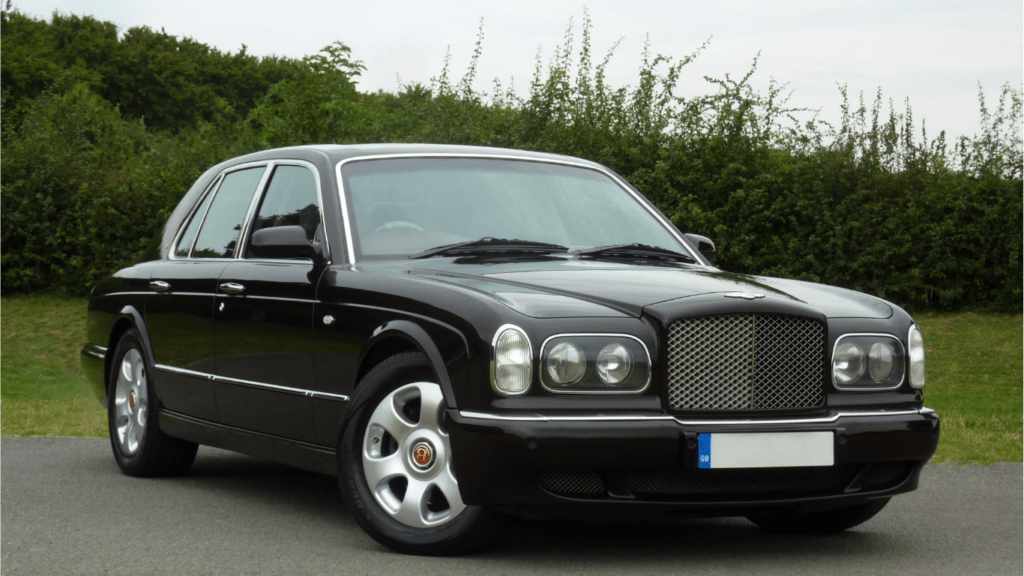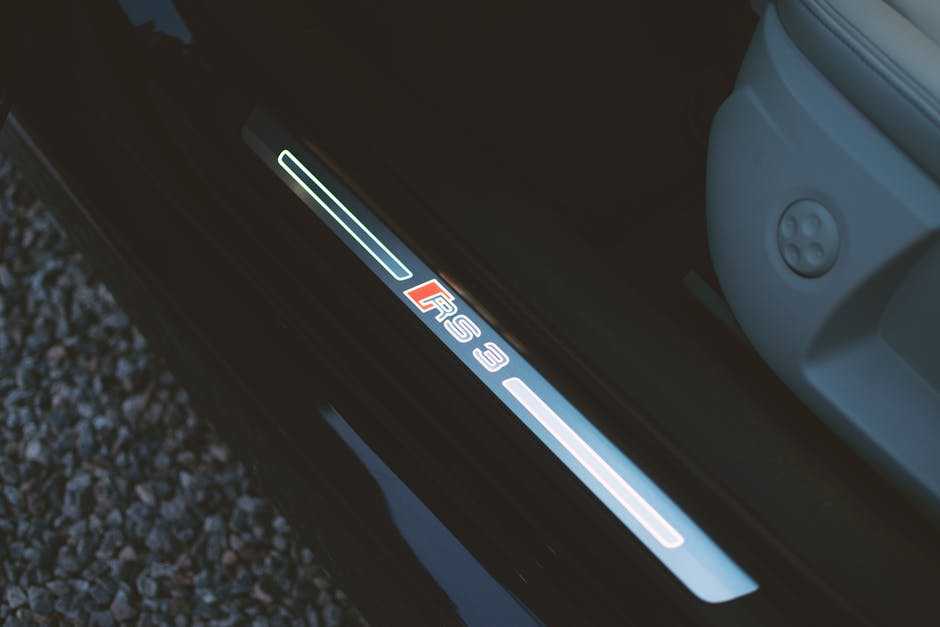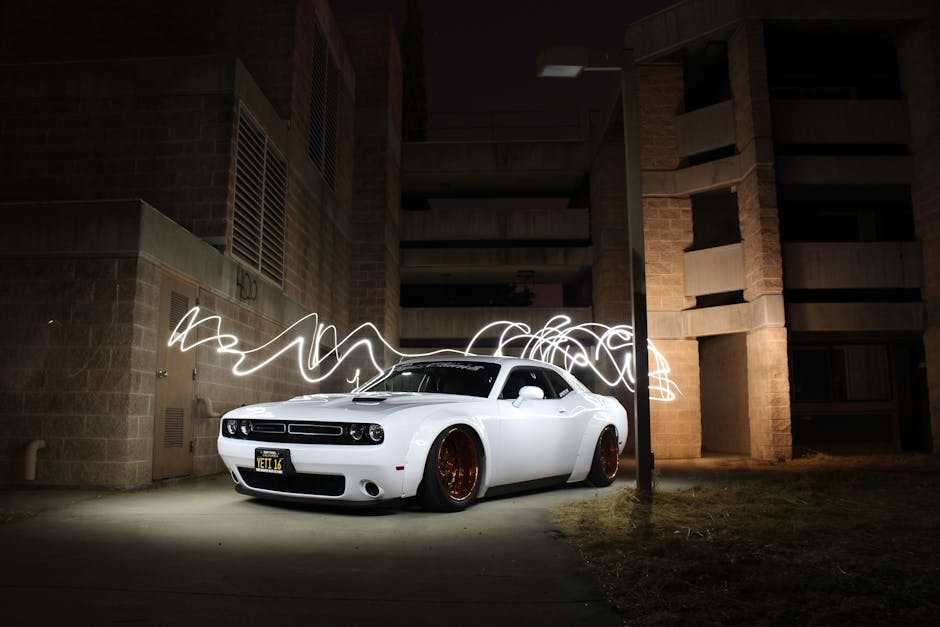The Road to Sustainability in Luxury Cars
Luxury car brands are leading the charge in sustainability, focusing on three primary areas: electric power, sustainable materials, and innovative manufacturing processes.
Electric Power
Luxury carmakers like:
- Tesla
- BMW
- Mercedes-Benz
are adopting electric powertrains for their high-end models. Tesla’s Model S Plaid offers a 390-mile range and a 0-60 mph time of 1.99 seconds. BMW’s i7 boasts an all-electric range of up to 300 miles. Mercedes-Benz has introduced the EQS, which features an impressive 350-mile range. By prioritizing electric power over traditional combustion engines, these brands significantly reduce carbon emissions.
Sustainable Materials
Companies are utilizing materials that minimize environmental impact. BMW uses recycled plastic, natural fibers, and sustainable leather alternatives in its interiors. Audi has integrated Dinamica microfiber, a sustainable textile, into its e-tron GT. Rolls-Royce employs sustainable wood veneers sourced from fast-growing tree species. These materials not only meet luxury standards but also contribute to ecological conservation.
Innovative Manufacturing Processes
- High-end automotive brands are refining their manufacturing processes to be more eco-friendly.
- Porsche operates its Zuffenhausen plant using 100% renewable electricity, reducing the carbon footprint of its production.
- Bentley has installed 30,000 solar panels at its Crewe factory, generating 7.7 MW of power annually.
- Jaguar Land Rover recycles up to 70% of the water used in its production lines at its Solihull plant. Such innovations demonstrate a commitment to reducing environmental impact in every facet of production.
- These initiatives by luxury automotive brands showcase a broader trend in the industry toward sustainability.
By focusing on electric power, sustainable materials, and innovative manufacturing processes, these companies set new standards for others to follow.
Innovations in Sustainable Materials

Luxury car brands are making significant strides in sustainable materials, combining environmental responsibility with high-end design. These advances are redefining traditional notions of automotive luxury.
Vegan Leather Interiors
Luxury brands like Tesla and BMW are now featuring vegan leather interiors. This alternative material, often made from polyurethane and bio-based sources, replicates the texture and quality of animal leather while reducing environmental impact. For instance, BMW’s i3 offers a vegan leather option derived from eucalyptus leaves and olive leaf extract. These materials produce fewer carbon emissions compared to conventional leather, aligning with broader sustainability goals.
Recycled and Upcycled Materials
High-end car manufacturers are increasingly using recycled and upcycled materials. Audi’s A3 interior features recycled plastics that look and feel premium, demonstrating that sustainable choices don’t compromise luxury. Mercedes-Benz incorporates recycled fishing nets in its EQ SUV lineup, transforming ocean waste into durable, high-quality interior surfaces. These initiatives emphasize the feasibility of eco-friendly materials in luxury vehicles, setting industry standards.
Electrification and Hybrid Technology
Luxury car brands are increasingly embracing electrification and hybrid technology to enhance sustainability. They’re investing heavily in research and development to produce more efficient and eco-friendly vehicles.
Electric Vehicles (EVs)
Luxury automakers are leading the EV market with advanced electric powertrains. Tesla, known for its innovation, offers the Model S Plaid with a range of up to 396 miles. BMW’s iX delivers 324 miles, combining luxury with sustainability. Mercedes-Benz introduces the EQS, featuring 350 miles of range and cutting-edge technology. These brands highlight the shift toward fully electric fleets, significantly reducing carbon emissions.
Plug-in Hybrid Models
Many luxury brands are also developing plug-in hybrid models to bridge the gap between traditional gasoline engines and full EVs. The BMW X5 xDrive45e, a prime example, offers 30 miles of electric range while maintaining robust performance. Porsche’s Cayenne E-Hybrid combines a powerful V6 engine with an electric motor, providing 27 miles of electric range. Land Rover features the Range Rover PHEV with 19 miles of electric range, balancing luxury with environmental responsibility. These hybrids offer consumers flexibility and improved fuel efficiency, furthering the sustainability agenda.
Luxury brands are clearly setting new standards in the automotive industry by focusing on electrification and hybrid technology, making substantial strides in sustainability.
Eco-friendly Manufacturing Processes
Luxury car brands recognize the importance of eco-friendly manufacturing processes. They’re investing in cleaner, more sustainable factory practices to align with their commitment to environmental responsibility.
Sustainable Factories
Luxury car manufacturers are designing sustainable factories that conserve resources and minimize waste. For example, BMW’s Plant Spartanburg in South Carolina has reduced energy consumption by 40% through the installation of more efficient lighting and machinery. Additionally, Bentley’s factory in Crewe has achieved carbon-neutral certification, thanks to initiatives like solar energy utilization and waste reduction programs. These factories not only cut down emissions but also serve as blueprints for future automotive manufacturing.
Renewable Energy Utilization
Renewable energy is pivotal for reducing the carbon footprint of luxury car production. Many top brands are harnessing solar and wind power to run their manufacturing facilities. For instance, Audi’s Brussels plant is now powered entirely by renewable energy, resulting in a significant decrease in CO2 emissions. Similarly, Jaguar Land Rover’s factory in Solihull uses solar panels to generate a large portion of its energy needs, while Mercedes-Benz’s Sindelfingen plant plans to be fully powered by renewable sources by 2022. These efforts demonstrate a clear commitment to sustainability by using cleaner energy sources.
Commitment to Reducing Carbon Footprint
Luxury car brands are placing a strong emphasis on reducing their carbon footprint as part of their sustainability strategies. This commitment is evident in the initiatives they undertake to offset emissions and create sustainable supply chains.
Carbon Offset Programs
Luxury car companies are developing robust carbon offset programs. Brands like Porsche and Jaguar Land Rover invest heavily in reforestation projects. For example, Porsche’s Impact Program allows customers to calculate their vehicle’s carbon emissions and offset them through contributions to specific environmental projects, such as forest conservation in Zimbabwe.
In addition, Ferrari supports renewable energy projects as part of its carbon neutrality goals. These projects include solar and wind energy developments in various regions. By investing in such initiatives, brands not only neutralize their emissions but also contribute to global environmental health.
Sustainable Supply Chain Initiatives
Luxury automakers are rethinking their supply chains to enhance sustainability. BMW’s iFACTORY strategy ensures that suppliers adhere to stringent environmental standards. This strategy includes using recycled materials, reducing water usage, and minimizing waste throughout the production process.
Moreover, Mercedes-Benz has partnered with CATL for carbon-neutral battery production. By sourcing materials responsibly and focusing on ethical labor practices, the brand reduces its supply chain’s environmental and social impacts.
These measures highlight how luxury car brands prioritize sustainability not just in their products but throughout their entire value chain.
Future Trends in Sustainable Luxury Cars
Luxury car brands are integrating more sustainable practices. They’re not just responding to regulations but setting new industry standards. A clear emerging trend is the development of fully electric models. Companies like Rolls-Royce and Bentley are planning to launch all-electric versions, with Rolls-Royce’s Spectre expected by 2023 and Bentley aiming for a complete electric lineup by 2030.
Another important trend is the use of more advanced, sustainable materials. In future models, I’ll expect to see materials like bio-based carbon fiber and natural fiber composites, which offer strength and reduce environmental impact. For example, Lamborghini is developing biopolymers for its interiors, aiming to maintain luxury without compromising sustainability.
Autonomous driving technology, paired with electric powertrains, represents a future focus area. Brands like Mercedes-Benz and Tesla are investing in autonomous tech, enhancing vehicle efficiency and reducing emissions through optimized routes and driving patterns. These advancements link luxury to smart, eco-friendly technology.
In the context of renewable energy usage, future luxury car models might also integrate solar energy to power auxiliary functions. For instance, the roof of an upcoming Audi EV could feature solar panels to support its electrical systems, reducing overall energy reliance.
Moreover, there’s a growing trend toward circular economies. I’ll observe brands like BMW and Volvo looking to create closed-loop systems by recycling materials from old vehicles. This approach ensures resources are reused, minimizing waste and promoting sustainability.
Luxury automakers recognize the increasing consumer demand for sustainability. Expect them to amplify their efforts across production, material sourcing, and end-of-life recycling, shaping the future of luxury cars towards a greener vision.



 Founder & CEO
Founder & CEO
